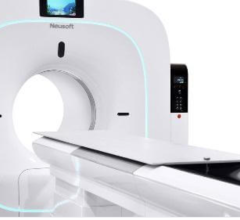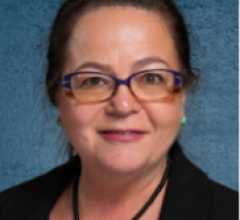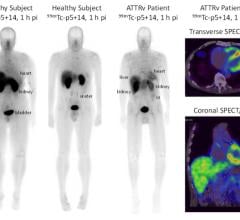February 10, 2011 – A new bill introduced to the U.S. Senate aims to promote sustainable, domestic production of the medical isotope molybdenum-99 (Mo-99). The bill, also known as the American Medical Isotopes Production Act of 2011, was introduced by Sen. Jeff Bingaman (D-N.M.) and Sen. Lisa Murkowski (R-Ark.).
Bingaman is chair of the Senate Committee on Energy and Natural Resources.
Mo-99 is an isotope that decays to technetium-99m (Tc-99m), which is used in more than 16.7 million procedures in the United States each year. Tc-99m is utilized in the detection of heart disease, detection and staging of cancer, detection of thyroid disease, study of brain and kidney function, and imaging of stress fractures.
There are currently only six foreign producers of Mo-99 approved by the U.S. Food and Drug Administration (FDA) to import it into the United States. No domestic facilities exist that are dedicated to the production of Mo-99 for medical uses. Aging foreign reactors regularly experience significant ongoing maintenance issues, frequently causing these reactors to go off-line. In 2009-2010, the Unites States experienced a shortage of Mo-99, which led to the disruption or delay of nuclear medicine procedures for an estimated 50,000 patients each day.
"In order to ensure that our patients can receive the best medical care, it’s essential that a reliable supply of Mo-99 be available in the United States," said Robert Atcher, chair of SNM’s Government Relations Committee. "The best way for that to be achieved is by developing production facilities for Mo-99 domestically."
The American Medical Isotopes Production Act seeks to establish a technology-neutral program to support the production of Mo-99 for medical uses in the United States by nonfederal entities. The bill also calls for the United States to condition and phase out the export of highly enriched uranium for the production of medical isotopes over a period of seven years.
A bill is expected to be introduced in the House of Representatives in coming weeks.
For more information: www.snm.org


 July 30, 2024
July 30, 2024 








